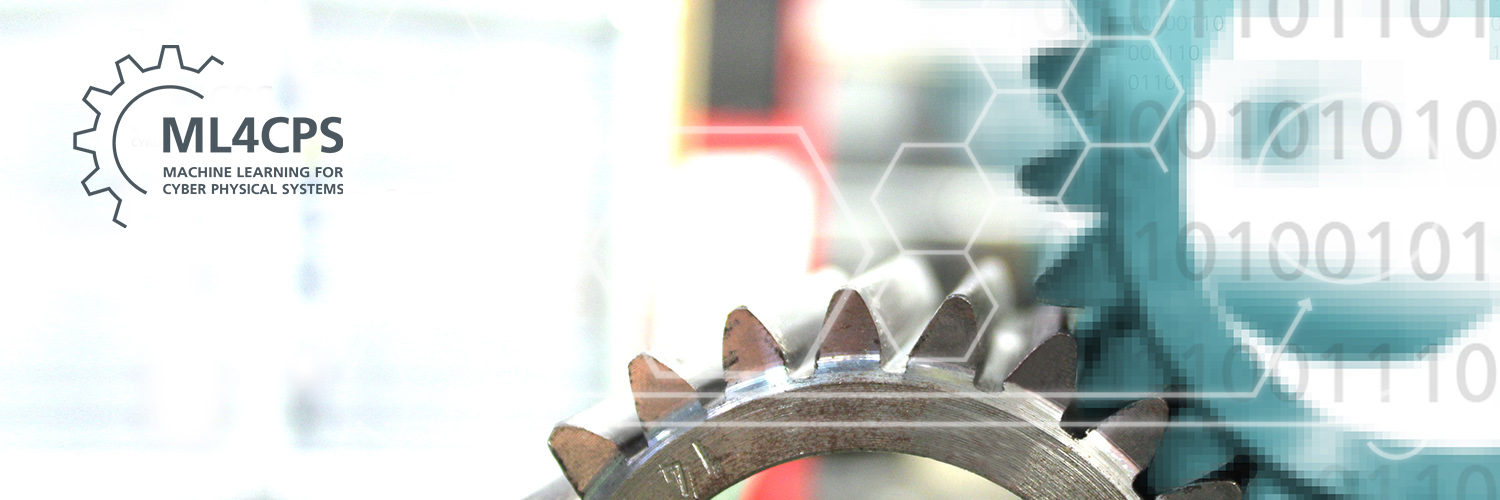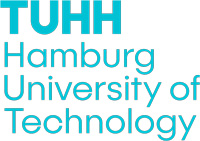9th ML4CPS Conference, March 19–20, 2026, Berlin
The 9th Machine Learning for Cyber Physical Systems (ML4CPS) conference offers researchers and users from various fields an exchange platform. The conference will take place March 19–20, 2026, at the Fraunhofer-Forum in Berlin. Hosts are Fraunhofer IOSB, Helmut Schmidt University, Hamburg University of Technology, and the Chair of Production Engineering of E-Mobility Components (PEM) of RWTH Aachen.
 Fraunhofer Institute of Optronics, System Technologies and Image Exploitation IOSB
Fraunhofer Institute of Optronics, System Technologies and Image Exploitation IOSB 





